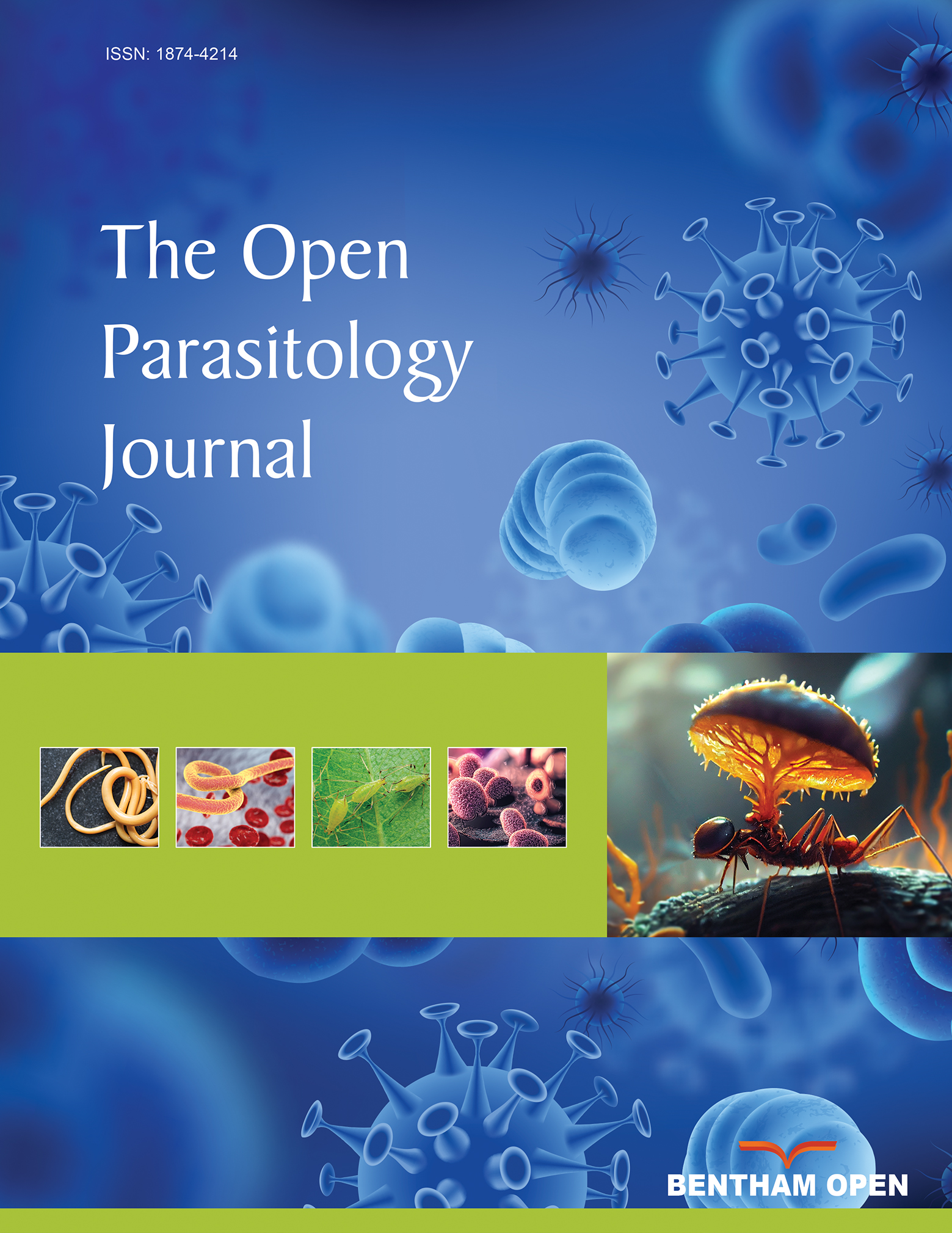The trans-Sialidase from Trypanosoma cruzi a Putative Target for Trypanocidal Agents
Abstract
Trypanosomatid protozoa are parasites of considerable medical and economical importance because they are the causative agents of chronic human and livestock diseases endemic in developing countries. Trypanosoma cruzi is the causative agent of Chagas´ disease, present in most of Latin America. The biology of this parasite presents some unusual features, one of which is the mechanism employed for the addition of sialic acid units to its own glycoproteins, the mucinlike molecules, or to exogenous glycoconjugates. This is mediated by a transglycosylase for sialic acid known as transsialidase and located on the external surface of the parasite, rather than by an intracellular CMP-sialic acid-dependent sialyltransferase. The Trypanosoma cruzi trans-sialidase is thought to play an important role in the pathogenesis of Chagas’ disease, and it represents a potential therapeutic target.


